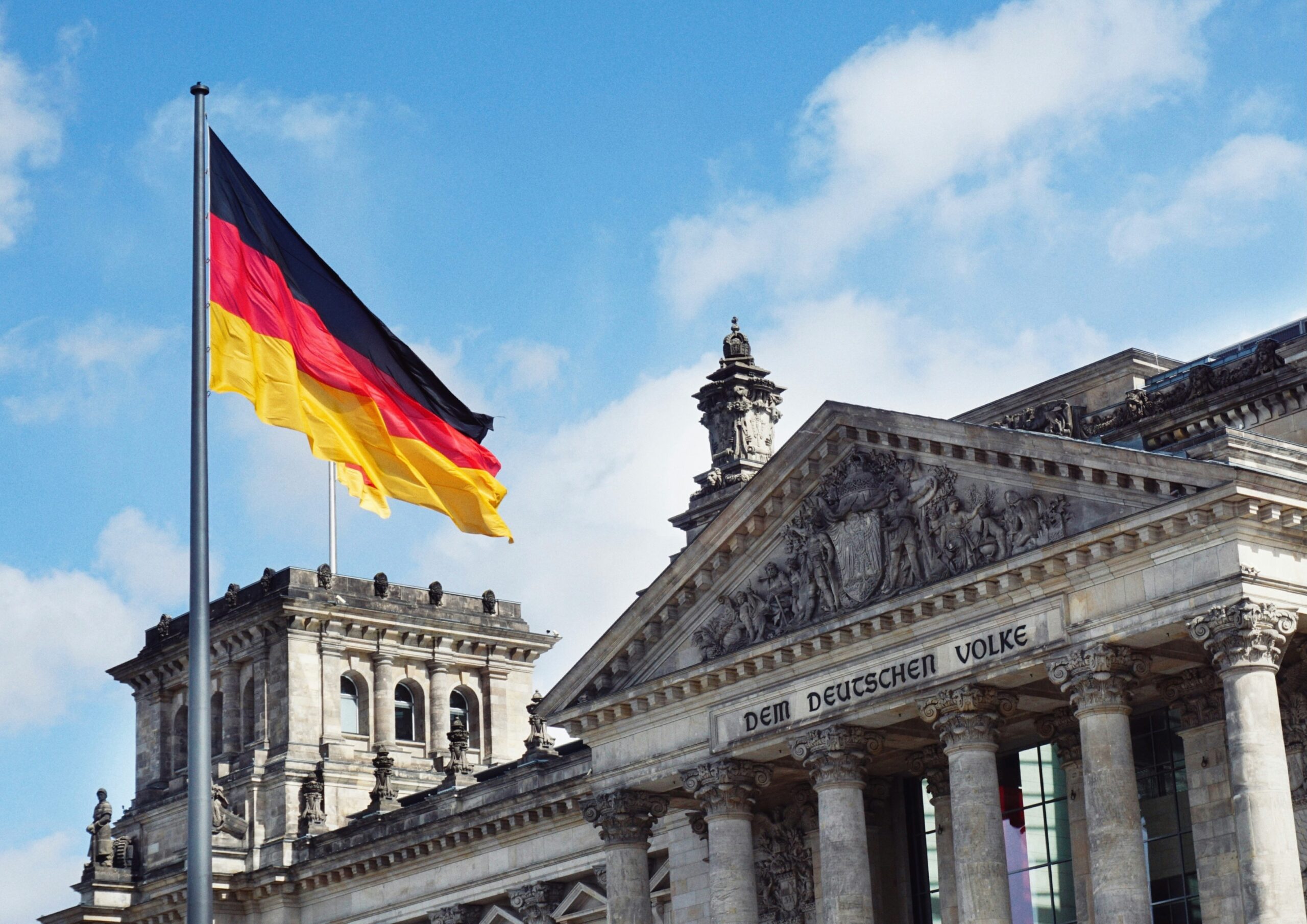International
Germany’s CDU-CSU Victory: Navigating New Challenges Ahead

Following the recent German federal election, the center-right Christian Democratic Union (CDU) and its sister party the Christian Social Union (CSU) are poised to return to power after securing 28.6% of the vote, marking a significant shift in Germany’s political landscape and concluding a period of uncertainty. The results show the CDU-CSU ahead of the far-right Alternative for Germany (AfD) at 20.8% and the center-left Social Democratic Party (SPD) at 16.4%, with a notable voter turnout of 82.5%. Friedrich Merz, the CDU-CSU candidate, is expected to become the next chancellor, succeeding SPD’s Olaf Scholz after the coalition’s collapse. Political negotiations may lead to a two-party coalition with SPD or a three-party coalition with the Greens, but no alliance with AfD is anticipated. The CDU-CSU’s return to power comes amid economic instability, facing recession risks and challenges within the car-and-export-oriented economy, alongside debates on immigration and fiscal reforms related to the constitutional “debt brake.” The geopolitical implications of Germany’s role in Europe are also under scrutiny, particularly due to the war in Ukraine and U.S. trade policies. Market reactions have been muted despite the DAX stock index opening approximately 0.4% higher following the election results. Economists predict that a potential two-party coalition may facilitate pro-growth reforms, although obstacles from populist parties regarding constitutional amendments remain a concern.
Source: CNBC





